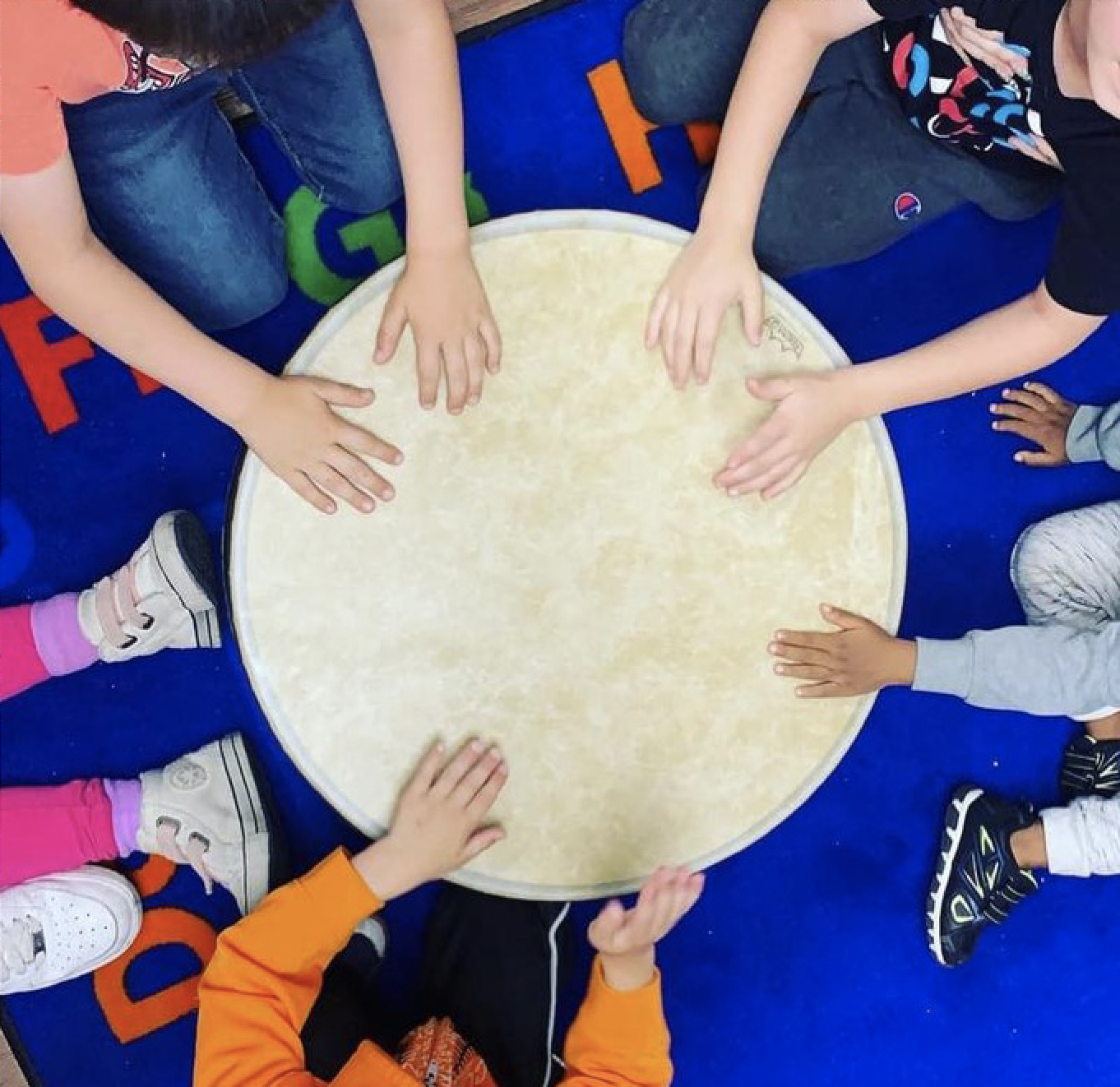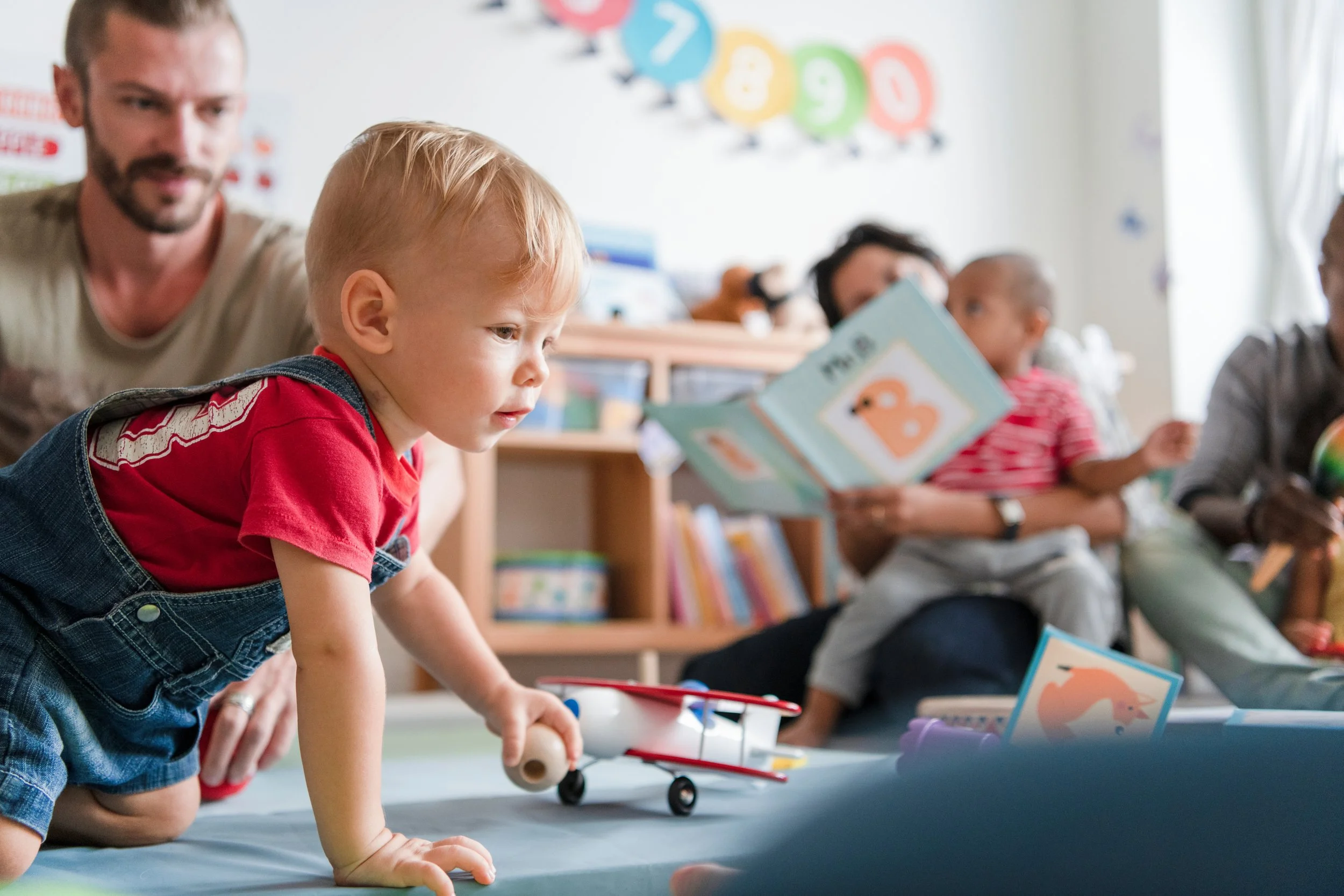OUR SERVICES
CREATING CONNECTIONS THERAPY (CCT) strives to ensure children reach their full potential. With the goal of supporting language, play, social skills, and school readiness in inclusive settings with peers, CCT delivers instruction in early childhood settings in which interactions, learning, and generalization of skills can occur in typical environments.
Direct Instruction
Direct instruction is used to teach skills related to language, communication, social/play and school readiness. Using evidence-based teaching strategies, children are taught in push-in or pull-out settings. These skills are then practiced for generalization in group settings with peers.
Additionally, peer-mediated strategies are used to teach social and play skills, and peers are guided by adults and taught to engage with their classmates who receive services in a way that ensures optimal interactions and outcomes.
Parent Training &
Professional Development
Workshops are offered for groups of professionals, school faculty, and parent groups on topics such as speech/language development, behavior management in home and school settings, autism spectrum disorders, verbal behavior intervention, visual supports, positive behavior supports, and more.
In addition, regular parent training is essential and is key to any intervention plan in order to facilitate generalization of new skills to everyday environments.
Assessment & Behavior Plans
Assessments drive intervention and can look different depending on the needs of each individual child. Most include parent/caregiver interviews, review of records, observations in one or more natural settings, collaboration with other professionals, and direct assessment of the child's skills.
Parents or other caregivers may be asked to collect behavioral data for a period of time in order to best determine effective interventions. Complete assessments can vary from 3-8 hours depending on the needs of the child. A written summary and/or Positive Behavior Support Plan will be included at the conclusion.
Classroom Support
Children of all abilities deserve the chance to learn and grow in inclusive classrooms with their peers.
Depending on learning targets and school readiness, children are supported for varying amounts of their school day by a behavioral therapist who delivers specialized instruction when necessary, supports interactions with peers, and ensures active engagement in group learning activities.




